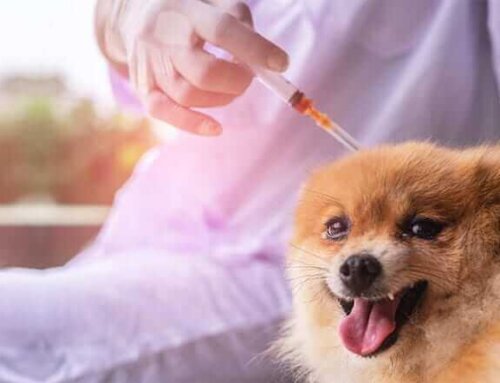Friends from Oregon are coming to visit me in south Florida soon. I’m thrilled to say they bringing their dog on vacation with them. I love this dog! This pooch will have such fun on our warm sunny beaches. Nonetheless, there are added considerations when traveling with pets. Even bringing non-diabetic pets on a plane or driving long distances can add stress to the journey. Below, I will offer up a few tips that may help with traveling with pets.
Time of year may have restrictions on airline travel. This is a good thing! We don’t want your pet in the belly of a plane when it is freezing cold or miserably hot out. Small pets can fit under the seat, which is my strong preference. I feel most comfortable when the pet never leaves your sight when flying. Of course, if the pet flies under the seat you must learn of the carrier size requirements and be sure that your carrier does fit under the seat. Collapsible carriers are the best. And if you need to travel between gates, you might want wheels for the carrier. Clearly a direct flight is your best option, even if that means driving a bit further to a bigger airport in a different city. Imagine missing a flight and having to find a hotel that allows pets on short notice. I’ve had to spend the night at an airport more than once due to a missed connection. That could be rough on a pet! Keep diabetic supplies in your carry-on luggage rather than in your main suitcase. I’d even suggest driving if possible.

Potty considerations are the biggest unknown if you don’t know an airport. For cats and small dogs, put a potty pad (flat absorbent diaper material) in the carrier just in case! And maybe have a spare potty pad in your purse or a side pocket of the carrier. It’s best to call the airport and ask in advance or google an airport map.
Health certificates are for the safety of all. Sometimes it seems a ridiculous added step, but heaven knows what some folks will want to bring on a plane. Not all airlines require a health certificate. I’ve flown with my pets and not had them even ask to see the health certificate. I’ll admit that if I had spent the time and money going to a vet to get a health certificate only to not be asked for it at check-in, I’d have been disgruntled. Luckily I am a vet and can write my own pets’ health certificates. Each airline has different requirements, so be sure to call your airline before the trip. Nobody wants an emergency vet visit for a health certificate. And you sure don’t wish to be turned away at the airport.
And here are some tips on things to pack for your diabetic pet:
Diabetic Pet Checklist for Traveling:
- Glucose meter.
- Insulin and more insulin syringes than you anticipate needing – just in case!
- Ice pack for the insulin.
- Portioned regular meals and a tasty snack (in case of hypoglycemia).
- Water.
- A plan for your pet to relieve itself because diabetics need to pee more often than the typical pet.
Finally, if it is a short trip it might be best to get a good pet sitter rather than stress your pet. If it is a prolonged trip, consider taking a copy of your pet’s medical history along with you. Many clinics now have computerized records. At my own hospital if a client asks for a copy of the medical records I can email it to them in 3 clicks of a mouse. If a pet has stress diarrhea or another malady on the trip, it will be better for the vet you meet out of town to learn about your pet’s medical history.
Have a question or comment? Post below or email me at [email protected]. I always enjoy hearing from my readers!
NOTE: Consult your veterinarian first to make sure my recommendations fit your pets special health needs.













Leave A Comment